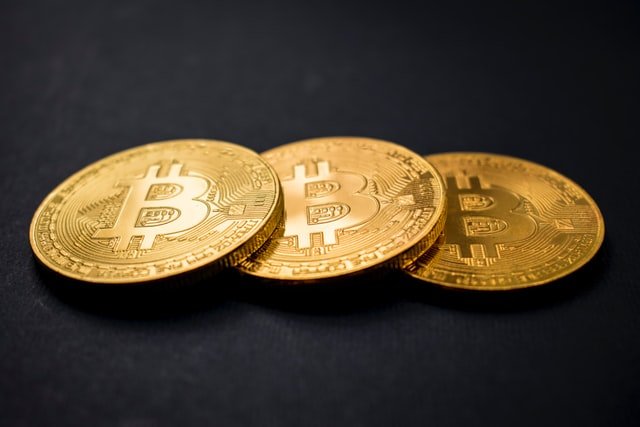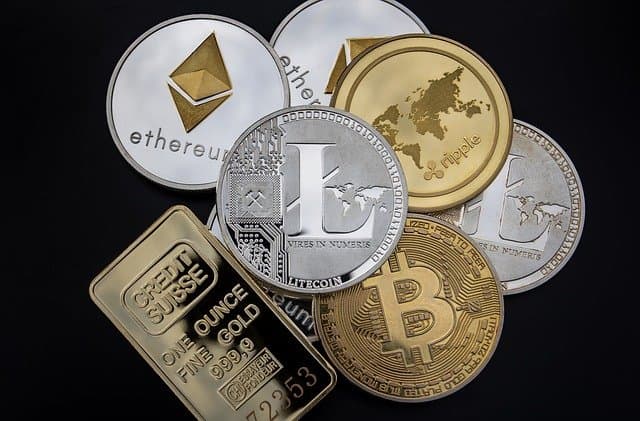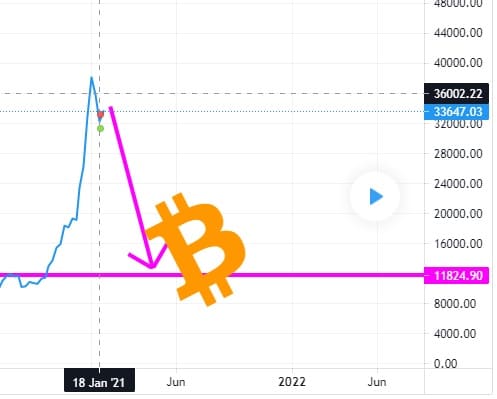The main idea behind creating Taboo Talks a public website is to let people feel free to share their experiences, ideas, views or content on topics they consider taboo.
Decoding Bitcoin: The First Cryptocurrency
Since its launch in 2009, bitcoin has been the center of financial media, covering its highs and lows in value. Bitcoin is the most popular form of cryptocurrency among 5000 others like Dash, Ethereum, ripple, etc. Bitcoin is widely used to send money over the internet and it is gaining popularity in India as the economy is moving towards a cashless economy with government efforts.
What is Bitcoin?

After the financial crisis of 2008, Bitcoin was first discussed in 2008 in an academic white paper titled ‘Bitcoin: A peer-to-peer Electronic Cash System’. It is a form of decentralized and Digital currency that facilitates buying, selling, and exchange directly without an intermediary body like banks.
Its creator Satoshi Nakamoto, a pseudonymous person or team outlined the need for “an electronic payment system based on cryptographic proof instead of trust.” That is, it uses peer-to-peer software and cryptography to facilitate online payments without the oversight of banks or governments.
Can it be converted to Cash?

Just like any asset bitcoins can be converted easily into cash.
- The first method for conversion is through an exchange or broker, similar to the currency exchange at airports. First deposit your cryptocurrency into a business like Unocoin, coinDCX, WazirX, etc., and request a withdrawal in the currency of your choice. It will be paid into your bank account.
- Another method is a thorough peer-to-peer network. It is a quicker, anonymous withdrawal. Sign up on a peer-to-peer exchange platform like LocalBitcoins. Choose the location of your ideal buyer and then use the marketplace to find buyers to facilitate the exchange.
It is advised to use platforms that don’t allow the release of bitcoins to buyers until you verify that payment has been received.
Cryptocurrency Hassle in India

At present there is no regulation or ban on cryptocurrencies in India, indicating that there is no regulatory framework to safeguard the owners of cryptocurrencies. Along with that, India has no specialized legalization for governing cryptocurrencies.
However, India’s stance on cryptocurrency has evolved over time. In March 2020, RBI’s ban on cryptocurrency was overturned by the Supreme court of India stating that it was ‘disproportionate’ and violated citizens’ fundamental rights. Since then, the government is taking steps for a regulatory framework. In 2022 Ministry of Finance proposed the creation of a digital rupee, a state-backed cryptocurrency.

Moreover, In 2022 Union Budget Finance Minister Nirmala Sitaraman announced a 30 percent tax on the transfer of “crypto-assets”. Moreover, there is a proposed bill, ‘Cryptocurrency and Regulation of Official Digital Currency Bill,2021’ by the government but for cryptocurrencies, their stance on the same remains unclear.
India has the most significant number of bitcoin holders and according to estimates, over 10 crore Indians own cryptocurrencies. Moreover, many enthusiasts expect cryptocurrencies to replace fiat currencies in near future but cryptocurrencies are not legal tender in India.
Conclusion
Bitcoin as an alternative payment method and investment vehicle is gaining ground in India. It has the potential to bridge the gap between alternative and traditional investment despite being high-risked and volatile as it increases returns.
There is no denying that investment in bitcoins is efficient but its speculative nature, susceptibility to crime, and fraud needs to be overcome to fully utilize its potential.


